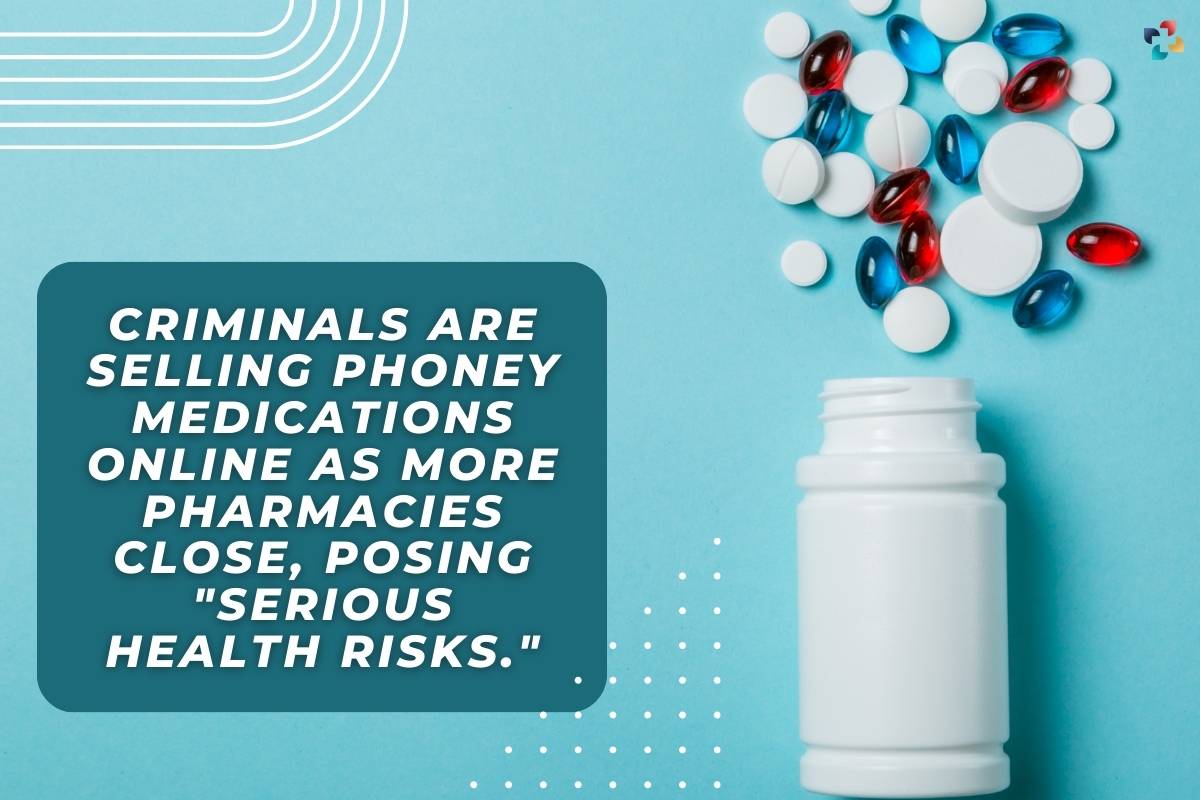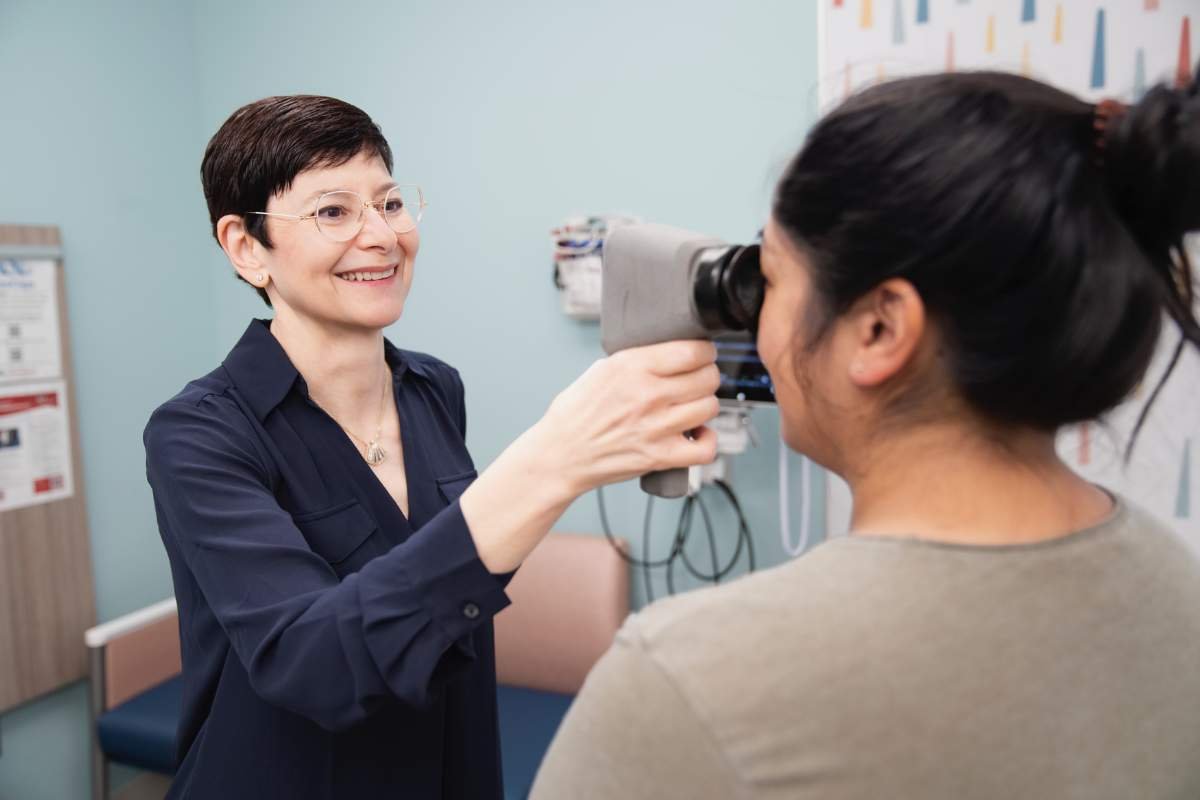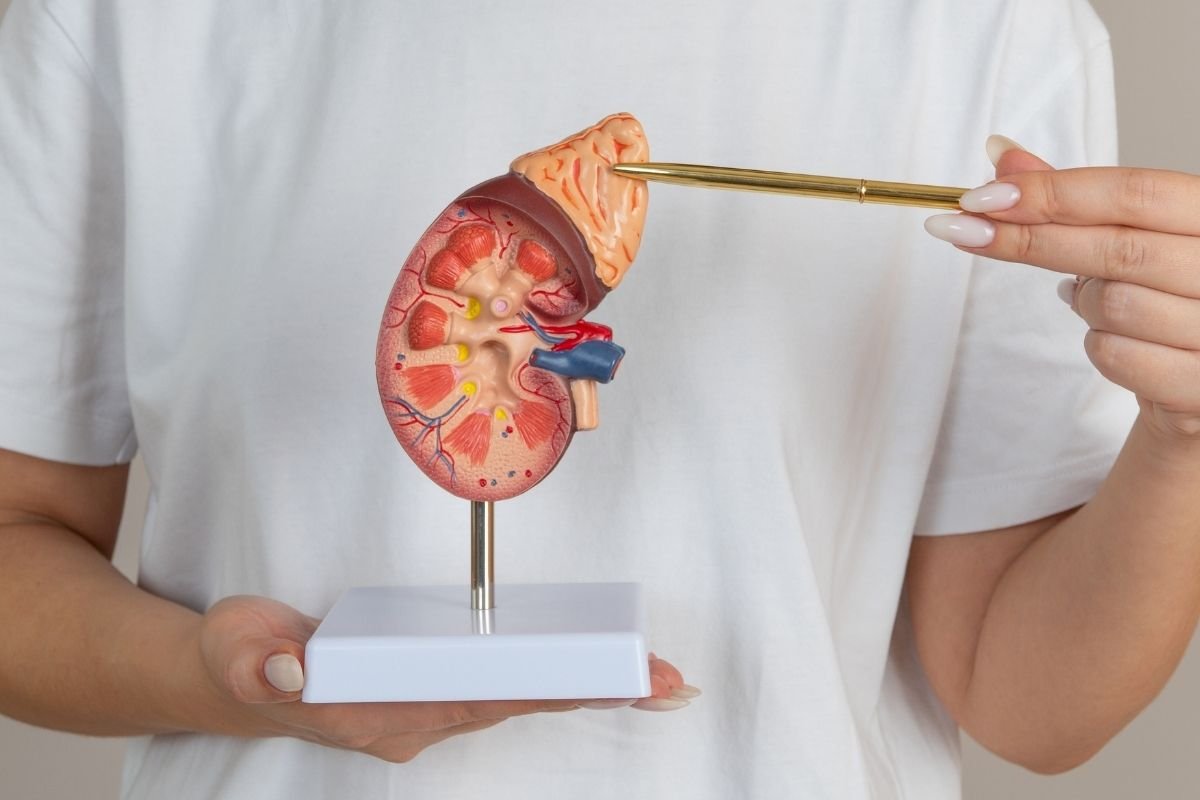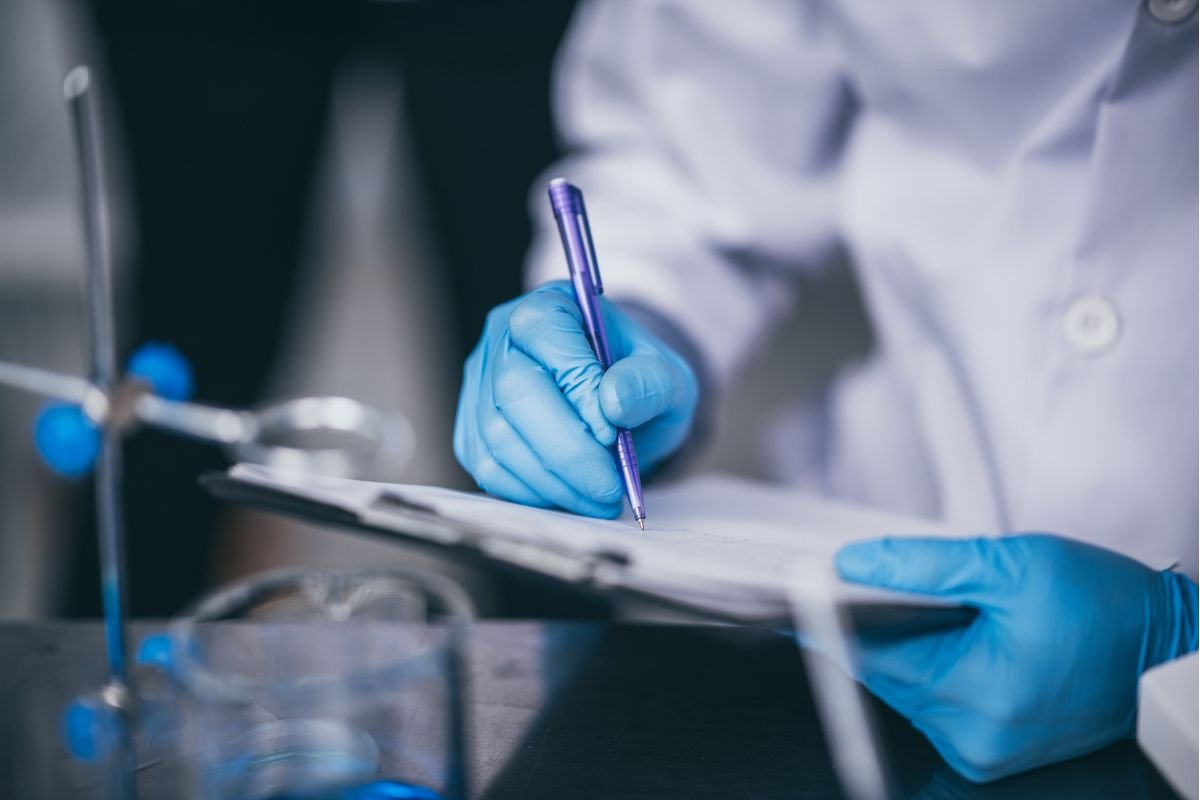An increasing number of Americans are getting their prescription drugs online as more pharmacies close around the country, but some experts are cautioning that there is a very real risk associated with purchasing fraudulent pharmaceuticals.
Rite Aid revealed earlier this month that it was going insolvent and that more than 150 of its shops would be closing nationally.
Additionally, Walgreens and CVS have closed a number of stores, leading to the creation of “pharmacy deserts”—areas where consumers are unable to physically obtain their prescription drugs. The CEO of the Washington-based company Alitheon, which supplies technology for counterfeit detection and traceability, Roei Ganzarski, claims that this has produced a “breeding ground” for counterfeit pills, expired prescriptions, and lacerated pharmaceuticals.
He stated that rural areas are where the issue is most severe.
In a phone interview with Fox News Digital, he stated that “generally, a company would start cutting costs where there is less demand.”
“If there’s a pharmacy in the middle of a condensed neighbourhood, it’s probably making more money than a pharmacy in a rural area, small town or farmland, and so those will probably be the first to go.”
Why are drugstores closing down?
Retail pharmacy chains confront problems from changing consumer behaviour, low profit margins on prescription pharmaceuticals, and severe competition, according to Irene Brako, PharmD, a pharmacy manager in the Washington, D.C. area.
“Retail crime, staffing shortages and a lack of adequate store investment have further strained operations,” she stated to Fox News Digital.
Additionally, Brako pointed out that fewer people are seeking careers as pharmacy technicians because of the low pay and abundance of alternative options.
“These challenges have led to the closure of numerous pharmacies, which is impacting access to essential health care services in various communities,” she stated.
Pharmacies have been closing for the past 20 years, particularly independent ones, according to Fox News Digital, which was verified by Viraj Ghandi, the founder of Medivant Healthcare in Scottsdale, Arizona.
“In the early 2000s, there were 55,000 independent pharmacies; this year, there are only 25,000,” 25-year pharmaceutical manufacturing veteran Ghandi stated.
According to him, one of the primary causes is the sharp decline in pharmaceutical benefit managers’ reimbursement rates.
Gandhi told Fox News Digital, “A pharmacy makes a margin of between 25% and 30% on generic medications.”
“The prices of most of these generics have come down significantly — thereby squeezing the money earned by the pharmacy.”
Gandhi refers to the poor profit margins and rising labour expenses as a “deadly combination” for pharmacies.
‘Pharmacy deserts’ options
Ganzarski said that when people live somewhere without a real pharmacy, they have three options.
“And that is happening with elderly people with disabilities who can’t go online, or maybe it’s too expensive or too complex, or they can’t drive for hours to get it,” he stated.
The second, more time-consuming, expensive, and inconvenient option is for someone to drive to the closest drugstore.
The simplest option is to go online, enter in the medication’s name, and place an order, according to Ganzarski.
If customers are making purchases from the real company’s official website, everything might work out OK, but if they end up on a third-party website, things could go wrong.
“They might think, ‘Oh, look, I can buy it from this company in Canada or Taiwan and it’s cheaper,’” Ganzarski added. “They may not even know who it is, but hey, it says the name of their medicine and it’s much cheaper.”
“When you go digital, you just don’t know who you’re ordering from or what it is you’re actually getting — and yet you’re putting it in your body,” he stated.
Dangers of not knowing
Ganzarski mentioned that counterfeit medication comes in many grades.
For certain individuals, this may entail taking a medication that has traces of the active ingredients, but not enough to effectively treat the ailment they may be treating.
“The second type of counterfeit is when literally there’s nothing there,” Ganzarski stated. “You’re just taking a pill that is a placebo, and then you don’t understand why you’re not getting better.”
Additionally, it’s possible that a customer will receive actual pills, but the medication has already run out.
“Bad actors can get their hands on a surplus of old pills that were supposed to be destroyed or thrown away, then change the date and ship them,” Ganzarski said.
The most hazardous scenario is that medications could be tainted with ingredients that could be fatal.
False medication is killing more people. According to the Centres for Disease Control and Prevention (CDC), the number of overdoses that occurred recently as a result of phoney tablets rose from 2% in Q3 2019 to 4.7% in Q4 2021.
Ganzarski pointed out that although the government makes a terrific effort to track down and take down these bogus websites, it’s far too simple for hackers to set up a new one in a matter of minutes.
“These fake pills can pose significant health risks, as they may lack proper quality control, contain incorrect ingredients or have incorrect dosages,” Brako stated to Fox News Digital.
“Patients who unknowingly receive counterfeit medications could experience adverse effects, treatment failure or harm to their health,” she stated.
Safeguards for online prescription purchases
Gandhi stated that the majority of people who order prescriptions online wind up doing so from foreign online pharmacies that administer medications that have not been recognised by the FDA. This is the primary issue with getting medications online, according to Gandhi.
“This is always risky, and is something the FDA has made a lot of efforts to educate the public about,” he said.
Gandhi advised consumers to limit their online purchases to authorised US pharmacies.
“Almost all insurance companies offer an option of shipping drugs to your home based on your insurance plan,” he stated.
“There have also been other initiatives, like Pillpack and now Mark Cuban’s Cost Plus Drugs, that offer U.S. FDA-approved low-cost generics.”
Patients, Brako stressed, should only buy drugs from reliable, authorised online pharmacies that bear regulatory certificates or the verified internet pharmacy practise site (VIPPS) seal.
“Always have a prescription from a licenced health care provider for prescription medications,” she stated. “Verify the pharmacy’s authenticity, check for customer reviews and ensure secure payment methods.”
In order to shield others from potential injury, Brako suggested that shoppers report any suspect websites or products to health authorities.
Ganzarski suggests that if something seems too good to be true, it probably is.
A warning sign should be raised if a medication is suddenly significantly less expensive than usual; for instance, if it is normally priced at $100 but is just $40.
“No website should have to advertise medicine with super-cheap prices,” Ganzarski stated.
Should someone act in such manner, “there’s probably a reason.”
He also advised people to avoid purchasing medications from companies that do not post their address, phone number, or explicit information on how they maintain quality control.
Ganzarski cautioned that dishonest vendors can use well-known online marketplaces like Amazon and eBay.
Another piece of advice is to give a local hospital or family physician a call and find out which pharmacies they trust.
“Doctors will have a list that they usually prescribe from in their system,” Ganzarski stated.
“Buying prescription medications without a prescription from unlicensed, unregulated sources or over the internet carries a high risk of harm. FDA-approved prescription medications must only be purchased with a valid prescription, and they must be taken under the supervision of or in accordance with the prescriber’s instructions.”
“These products are generally very risky for patients since they are obtained without a prescription or physician oversight, and because the FDA has not assessed them before they are sold to guarantee safety, effectiveness, or quality. Additionally, there is no guarantee on the standard of medication production, labelling, packing, or distribution. Non-FDA-approved medications may be supplied and/or stored outside of permitted conditions, have the incorrect components, too little, too much, or no active ingredient at all. Because patients are not receiving the necessary care or may experience negative side effects from using the incorrect active components, this puts their health at risk.”











